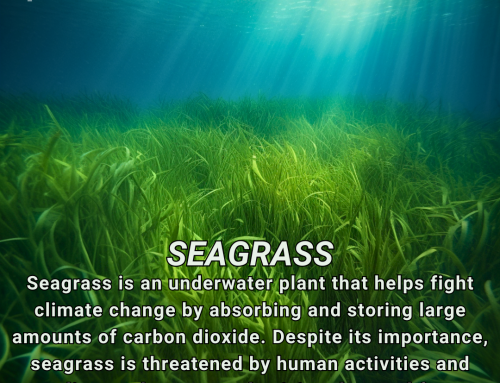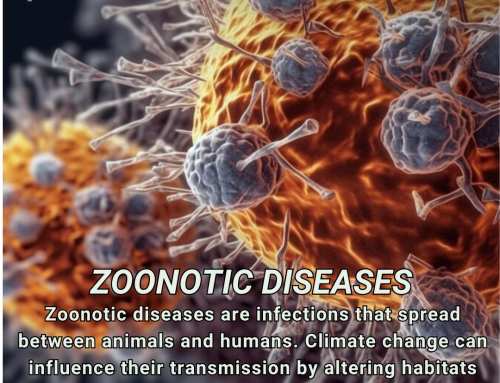
The Pacific Northwest region of the United States is currently experiencing an unprecedented heat wave, with record-breaking temperatures affecting millions of people. Cities such as Seattle, Portland, and Eugene have seen temperatures well above average for this time of year.
The extreme heat has strained the power grid and prompted utilities to urge energy conservation to avoid blackouts. The dry and hot conditions have also increased the risk of wildfires in the region.
A heat warning has been issued for 12 million people in the Pacific Northwest, with temperatures expected to remain high for several days. This early-season heat wave is particularly concerning, as the region typically experiences its hottest temperatures in July and August.
The heat wave has had a significant impact on public health, with the elderly and those with underlying health conditions being especially vulnerable. Heat exhaustion and heat stroke are common health problems associated with extreme heat.
While it is challenging to attribute any single event to climate change, the increasing frequency and severity of heat waves align with climate models’ predictions. Urgent action is needed to address climate change and mitigate the impact of extreme weather events.
In the short term, efforts are focused on helping people cope with the heat wave. Energy conservation, seeking shade, and staying hydrated are crucial. Support and resources should be provided to ensure the well-being of all those affected by this unprecedented event.






